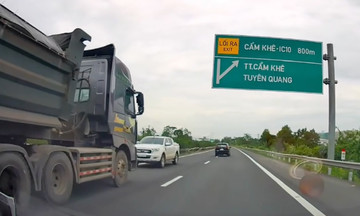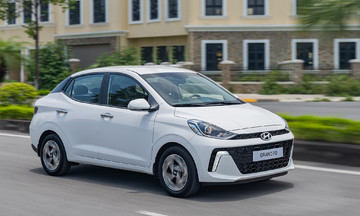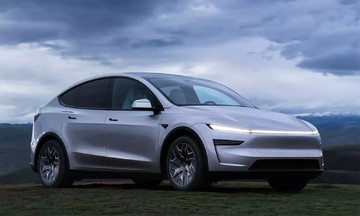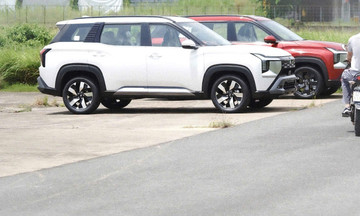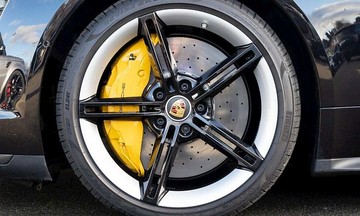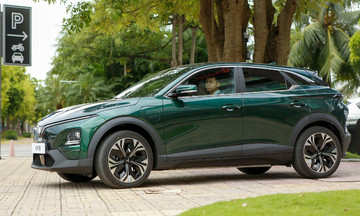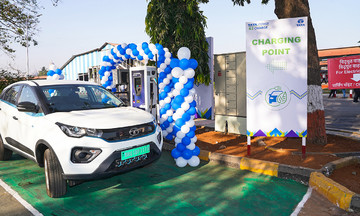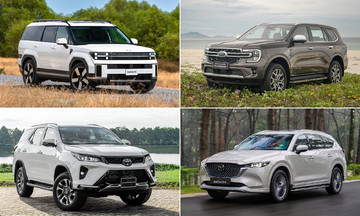The shift towards eco-friendly vehicles in recent years has shrunk the market share of internal combustion engine vehicles, primarily gasoline and diesel. Unlike cars, commercially available diesel motorcycles are extremely rare.
Diesel engines offer advantages like durability and better power output than gasoline engines. In many markets, diesel fuel is cheaper than gasoline, reducing operating costs, especially in the service industry. These advantages make diesel engines popular in commercial automobiles. However, diesel engines have specific characteristics that make them less suitable for motorcycles.
Mechanically, both gasoline and diesel engines use cylinders and pistons to transfer energy through a crankshaft. While gasoline engines require a spark plug to ignite the air-fuel mixture, diesel engines operate on the principle of compression ignition.
For compression ignition to occur, the air-fuel mixture must be compressed at high pressure (high compression ratio), generating enough heat to trigger spontaneous combustion. Diesel engines typically have a compression ratio of around 20:1, much higher than gasoline engines, which are around 8:1.
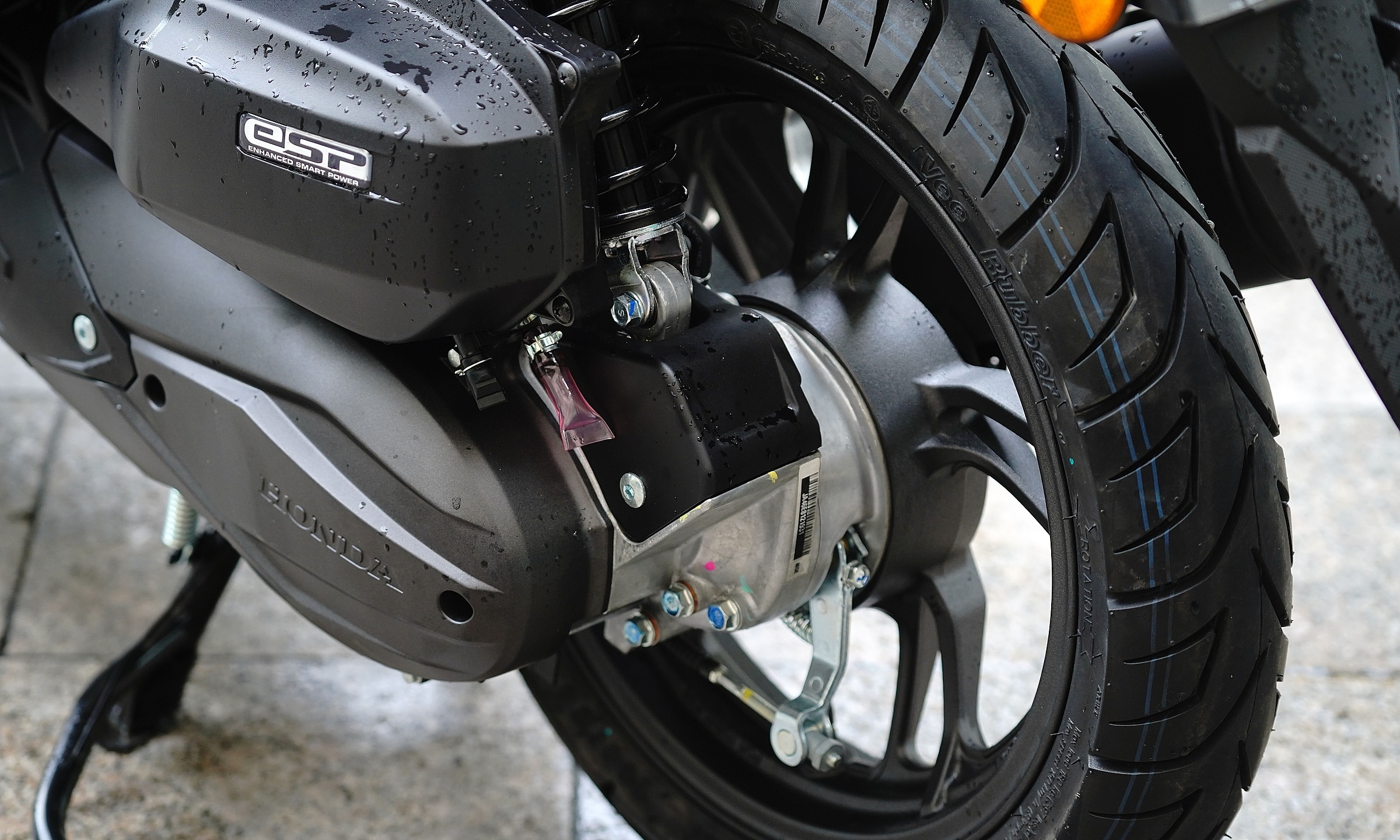 |
A 125cc gasoline engine on a Honda motorcycle. Photo: Pham Trung |
A 125cc gasoline engine on a Honda motorcycle. Photo: Pham Trung
The high heat generated requires thicker cylinder walls or superior heat-resistant materials for diesel engines, along with efficient cooling systems. Consequently, diesel engines tend to be heavier than gasoline engines of the same displacement. A diesel engine would increase both the size and weight of a motorcycle compared to a gasoline engine.
Due to the higher compression ratio, diesel engines generally have a lower maximum RPM (redline) than gasoline engines. This means diesel engines prioritize high torque over high power, resulting in slower acceleration compared to gasoline engines. For motorcycles, most riders prioritize acceleration over pulling power.
Another drawback of diesel engines is increased noise and vibration compared to gasoline engines. This affects the riding experience and practicality. For two-wheeled vehicles targeting a broad customer base, implementing technology to mitigate these drawbacks can increase the cost.
Diesel engines also face limitations in emissions. Diesel contains larger molecules than gasoline, resulting in less complete combustion and producing more soot and pollutants. Increasingly stringent emission standards pose a barrier to using this type of engine in motorcycles, a popular mode of transportation in most countries worldwide.
Pham Trung (according to RideApart, Cycle World)



